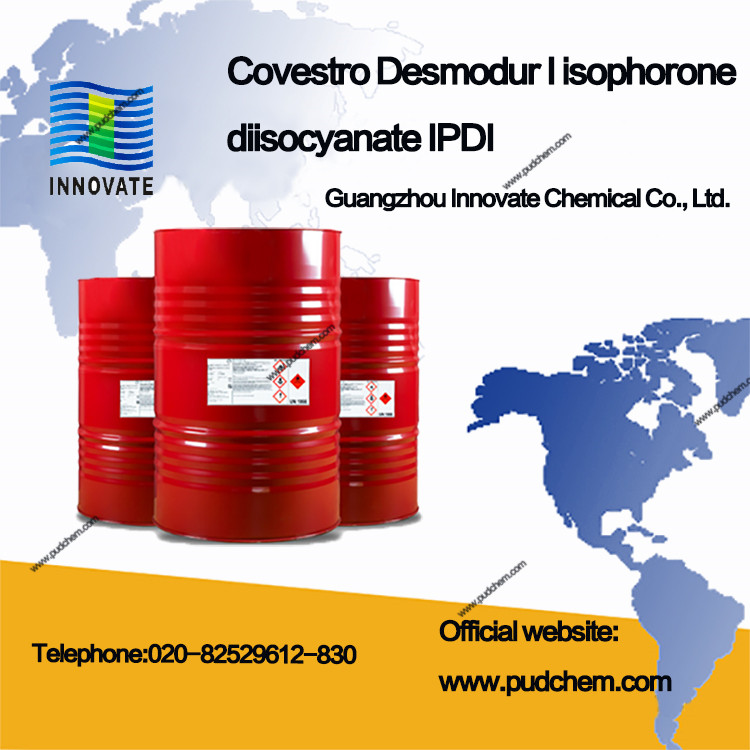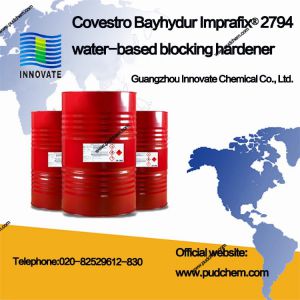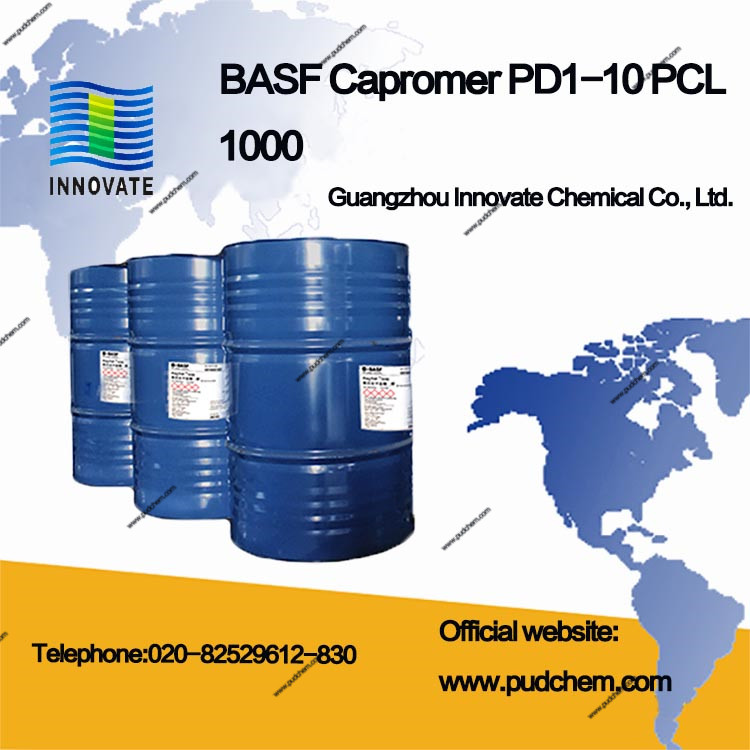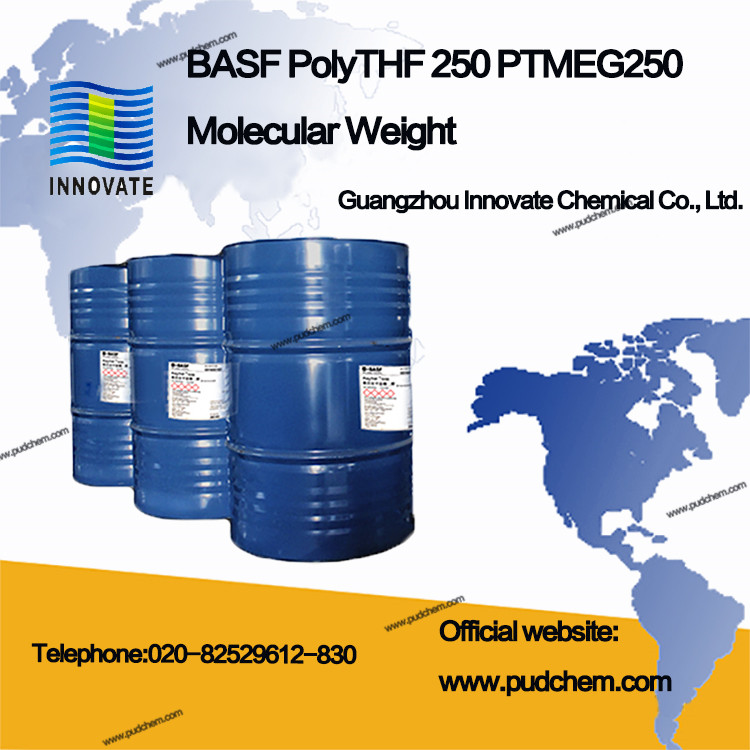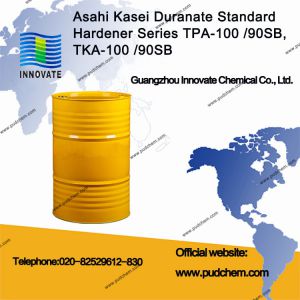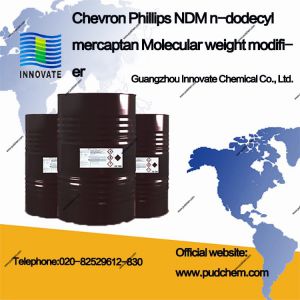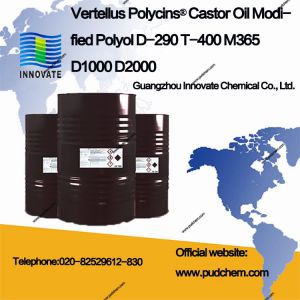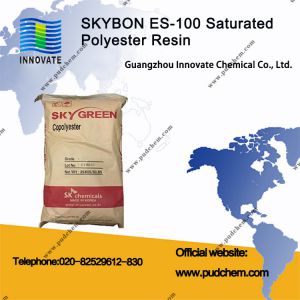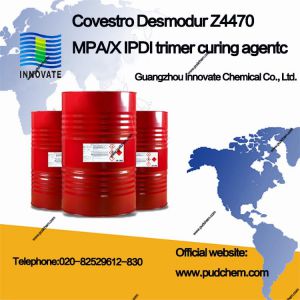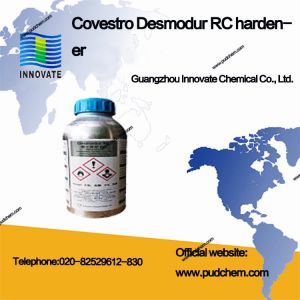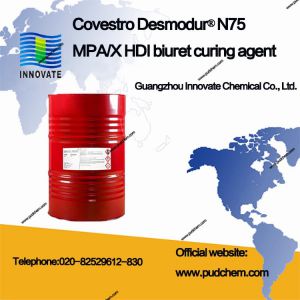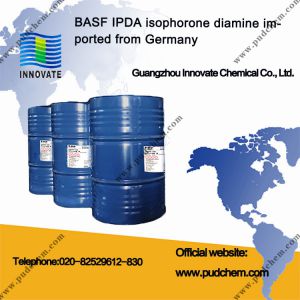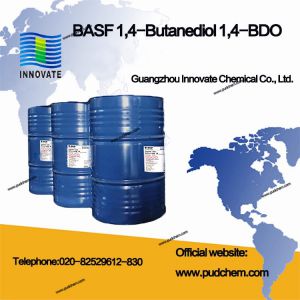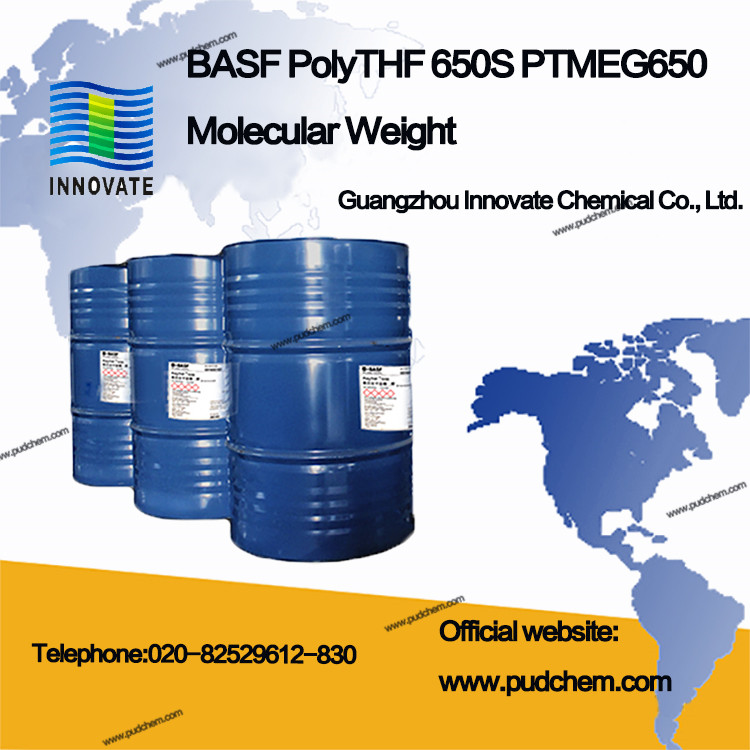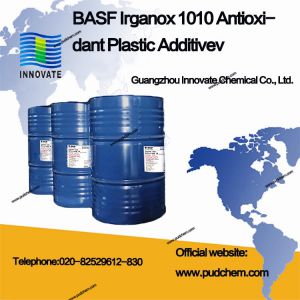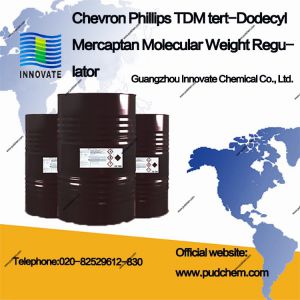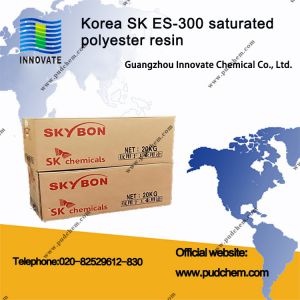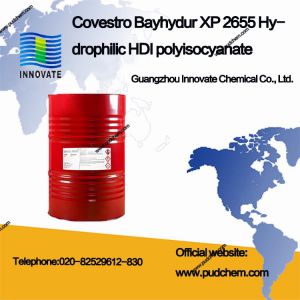Covestro Bayhydur 304 Waterborne PU Hardener
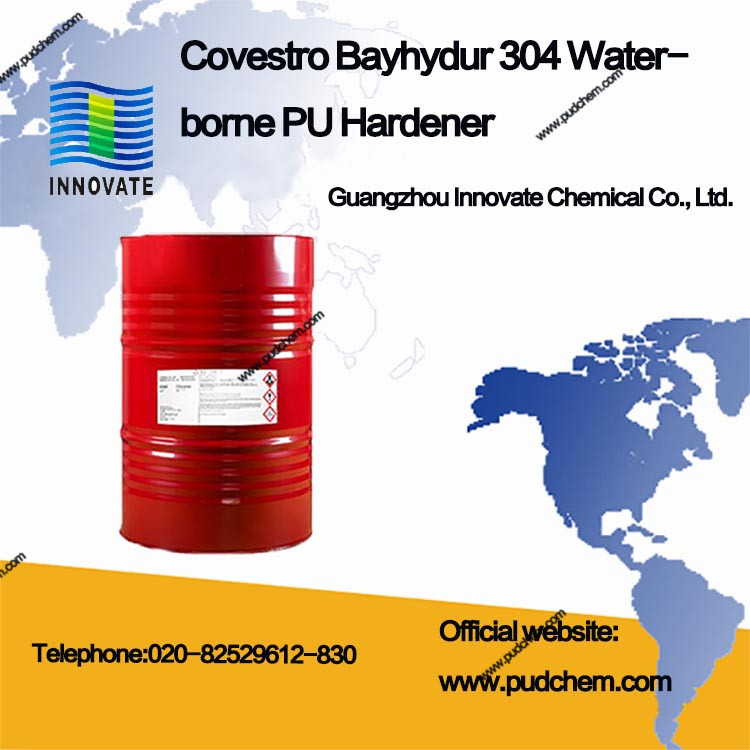
|
type |
Hydrophilically modified aliphatic polyisocyanates based on hexamethylene diisocyanate HDI |
|
form of supply |
Solvent-free |
|
use |
Used as a curing agent or binder for high-quality waterborne polymer dispersions; also as an additive to improve the performance of waterborne coatings and adhesives |
Product Specifications
|
characteristic |
Numerical value |
Units of measurement |
testing method |
|
NCO content |
18.2±0.5 |
% |
DIN EN ISO 11 909 |
|
Viscosity, 23℃ |
4,000±1,500 |
mPa·s |
DIN EN ISO 3219/A.3 |
|
Hazen color value |
≤60 |
|
DIN EN 1557 |
|
HDI monomer content |
<0.15 |
% (by weight) |
DIN EN ISO 10 283 |
other data*
|
characteristic |
Numerical value |
Units of measurement |
testing method |
|
equivalent |
about 230 |
|
|
|
density |
about 1.16 |
g/ml |
DIN 53 217/3 |
|
Flash point |
226 |
℃ |
DIN EN 22 719 |
*The above values are general information and not part of the product specification.
Solubility / dilution
Bayhydur 304 generally has good compatibility with the following solvents: esters, ether esters, xylene and solvent naphtha 100. However, the solubility/compatibility of the formulated solution must be tested. Only use polyurethane grade solvents (<0.05% water content).
Features/Applications
Due to the hydrophilic nature of Bayhydur 304, it is easy to emulsify in aqueous media. Mainly used as a crosslinking agent for waterborne hydroxy polyols (Bayhydrol®), but also as a crosslinking agent for most pH neutral waterborne polymer dispersions, including polyurethane dispersions (Dispercoll® U), polyacetic acid Vinyl ester, polyacrylate and synthetic rubber dispersions. After Bayhydur 304 is added, the formulated two-component system must be used up within the pot life. The pot life depends not only on the polymer content, but also by other components such as resins, thickeners, plasticizers, etc. In many dispersions, the pot life is usually several hours, but the end of pot life cannot be judged by the gel. In 40 - 60% polymer dispersions, it is recommended to add 3-10% Bayhydur 304 as a crosslinker with the binder dispersion. In order to emulsify Bayhydur 304 in a binder dispersion, efficient mechanical agitation is required. Manual stirring is not sufficient to ensure uniform emulsification of the system, especially in low viscosity binder dispersions. Inadequate dispersion can lead to particle deposition in the binder.
If Bayhydur 304 needs to be added with modification additives, the additives must not contain groups that can react with isocyanates, nor can they contain secondary components that can react with isocyanates. Of particular note is that any adjuvant added must not be basic or contain secondary components that catalyze isocyanate groups. Even low concentrations of these components can cause viscosity rises and even solidification.
store
This product is sensitive to moisture and should be stored in the original airtight container at a temperature not exceeding 30°C. This product has a shelf life of at least 6 months when stored under proper conditions. During storage, the viscosity will increase slightly.
Safety: Hazard Identification
This product contains isocyanates, which may cause allergies in contact with the skin. Safety data sheets should be read carefully. It includes information on labelling, transportation and storage, as well as information on product use, product safety and ecology.
- PREV:BASF PolyTHF 2000 PTMEG2000 Molecular Weight
- NEXT:Korea SK Coil coating application Saturated polyester resin (primer) ES series index

